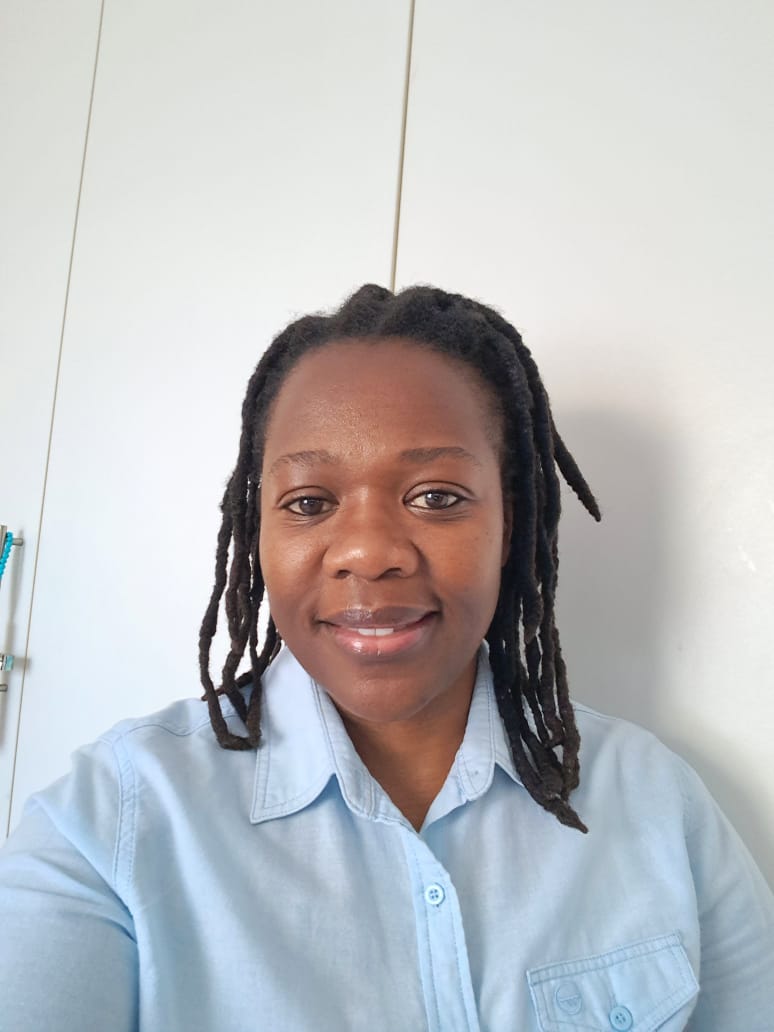Do Hospital Staff Understand Clinical Governance Protocols? A Study by the WSU Public Health to explore whether hospital staff understand clinical governance protocols
 In a determined effort to uplift healthcare standards, the Department of Public Health in the Faculty of Medicine and Health Sciences embarked on a study leveraging new research to bridge critical knowledge gaps in clinical governance.
In a determined effort to uplift healthcare standards, the Department of Public Health in the Faculty of Medicine and Health Sciences embarked on a study leveraging new research to bridge critical knowledge gaps in clinical governance.
Recent findings from a study led by researcher, Nomfuneko Sithole in South African hospitals revealed key areas for improvement, providing a solid foundation for developing innovative training workshops aimed at empowering staff and enhancing healthcare delivery.
“Clinical governance adopts an agenda of seven responsibility areas; clinical effectiveness, risk management, patient experience and involvement, communication, resource effectiveness, strategic effectiveness, and learning effectiveness, this framework outlines clear roles, responsibilities, and indicators for actions to ensure the best patient care outcomes. The full-bodied structure is particularly critical in addressing the numerous lawsuits faced by the Department of Health, because the agenda places emphasis on accountability and the consistent application of excellence standards to minimise risks and enhance patient safety,” said Sithole.
The study, titled: ‘Clinical Staff Reported Knowledge on the Existence of Clinical Governance Protocols or Tools Utilised in Selected South African Hospitals’, focused on assessing the knowledge of clinical governance protocols/tools among medical staff with the aim to address the observed lack of local ownership and inadequate training methods, particularly among junior staff, which contribute to low knowledge levels.
In April 2022, the department conducted a one-point-in-time inquiry into the knowledge of clinical staff on the existence of clinical governance protocols/tools that are utilised in hospitals including the Nelson Mandela Academic and St Elizabeth Hospitals in Eastern Cape Province; Rob Ferreira and Themba Hospitals in Mpumalanga Province.
In the inquiry, Sithole found that approximately 74% of clinical staff at the above-mentioned hospitals scored less than 50% for the knowledge of the twelve clinical governance protocols/tools assessed.
Overall, 8.5% of clinical staff got none or only one correct out of the 12 protocols/tools; and 65.5% got between two and five correct.
Clinical staff at St Elizabeth, Rob Ferreira, and Themba Hospitals demonstrated better knowledge of clinical governance protocols/tools, with higher scores associated with factors such as over five years of experience, being a professional nurse, or serving as a medical doctor or pharmacist, while the lowest scores were observed at Nelson Mandela Academic Hospital.
She said, “At the centre of improvement is knowledge, how then do these professionals carry their duties and account for their actions without the knowledge of these protocols? Therefore, providing more effective, relevant training workshops with an emphasis on importance of local ownership of the concept of clinical governance, by both management and clinical staff is of great importance at these hospitals.”
“Clinical governance is reported to be a critical plan in improving health care delivery, therefore better knowledge and application of its protocols/tools forces staff to take responsibility of their actions during patient care,” she said.
Recognising the critical role of clinical governance in improving healthcare delivery, Walter Sisulu University’s Department of Public Health launched coaching and training workshops at Themba and St Elizabeth Hospitals in December 2023.
These hospitals were selected as participation sites, while Nelson Mandela Academic and Rob Ferreira Hospitals served as control sites for comparative observation.
“The two hospitals are taken as participation sites and the other two: Nelson Mandela Academic and Rob Ferreira Hospitals as control sites. The participation sites are observed to track application of participation and reporting will be done,” said Sithole.
Furthermore, the department will be looking at in-house clinical governance information sharing sessions, workshops to better understand the idea of clinical governance’s agenda as well as put emphasis on importance of local ownership by both management and medical staff, during the workshops, clarify the roles and responsibilities for all, and establish structures of excellence improvement.
By Ongezwa Sigodi
